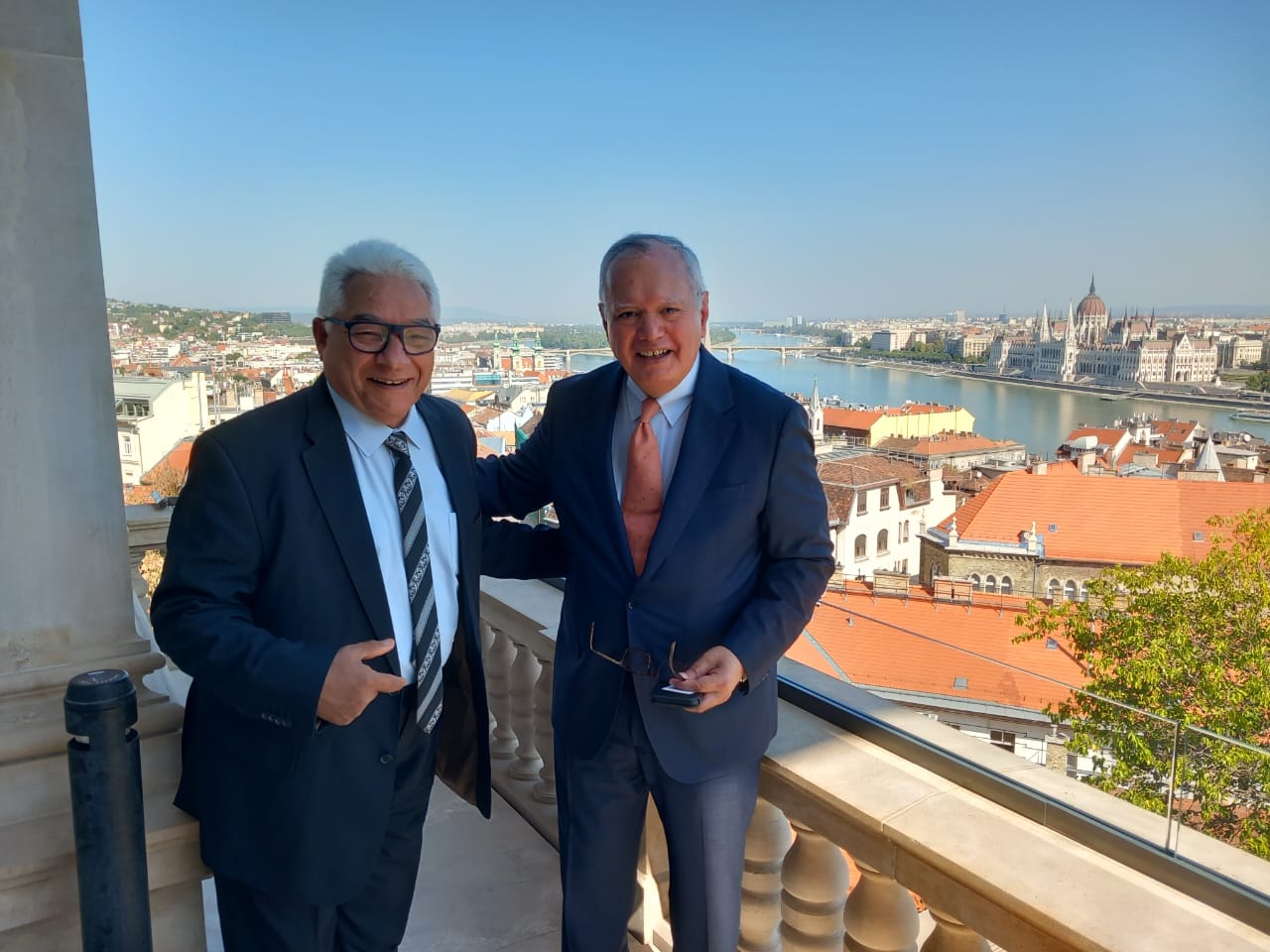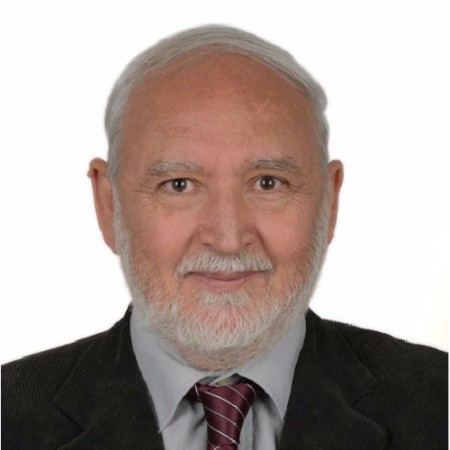On 27th of September 2023, and upon invitation from Chinese Embassy in Cairo, Ambassador Dr. Ezzat Saad, Director of ECFA, participated in the ceremony of launching the Arabic Edition of “Xi Jinping book: Respecting and Guaranteeing Human Rights”, and a symposium on “Enhancing Human Rights through Development … A Chinese-Arabic Vision”, at Nile Ritz Carlton Hotel, Cairo.
He pointed out that it is not an exaggeration to assert that President Xi Jinping’s political discourse mainly revolves around the topic of development, preparing the internal and international environment for a comprehensive and sustainable development that benefits all countries specially the developing countries in Asia, Africa, and Latin America. As well, if we look at the initiatives by President Xi Jinping, since his inauguration, we will find that it’s mainly for serving development. These initiatives include the initiative that related to establishing Asian Investment and Infrastructure Bank, Belt and Road Initiative with all its components, Global Security Initiative and others.
In this regard, it’s normal for People’s Republic of China to be in the front for the comprehensive development, as it succeeded to duplicates it’s GDP for more than ten times, and to eradicate poverty. The success of Chinese model of development is due to the commitment of the political elite to establish peace and stability in the country, as a prerequisite for the desired development on the long run.
In this context, at many occaision, the Chinese president stressed on avoiding causes of conflict, instability, and international competition, as this affects negatively the process of political and economic decision making, which are important for the process of development.
The pioneering Chinese experience in growth and development fields, affirms that the economic, and development changes are done in the framework of internal context in each country, as there’s no one clear recipe for success to be copied and implemented in other countries.
From the Chinese experience in achieving development, we see the limited role of international assistance in this regard, as the Chinese experience proved the vital role of the elite in the success of development based on internal factors. Stressing on the right to development as the core of human rights, and underdevelopment is a serious restriction on human rights in general.
There’s no doubt that the book of President Xi Jinping “Respecting and Guaranteeing Human Rights”, as a result of the pioneering Chinese experience in growth and development, will be a huge addition to understand the right in development as one of the human rights.
As the political thought of President Xi Jinping reflects development, the studies of the United Nations asserted about the relation between human rights as general and the responsibilities of the international community in creating opportunities to benefit from all these rights. These studies, as well, clarify the difficulty to separate the internal and international dimensions of development. Likewise, it should deal with human rights issues as a one unit, away from the western vision that is based on the priority of civil and political rights at the expense of economic, social, cultural rights.
China believes – as the majority of the developing countries – that it’s necessary to find balance between the interests of the group and interests of the individual, in addition to participation in taking decisions that allow achieving this balance. In this regard, there’s no doubt that those who benefit from the right of development could be countries, people, minorities, or individuals. The commitments of development will be included among the obligations that borne by the international community, international organizations, states, societies, and individuals.





